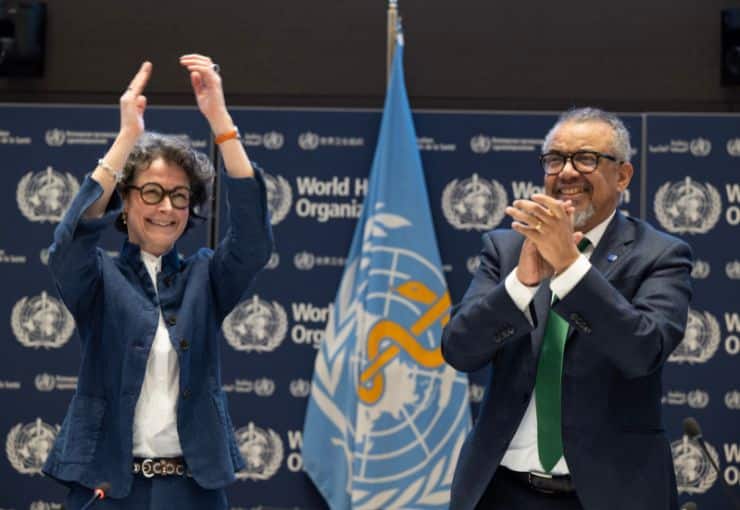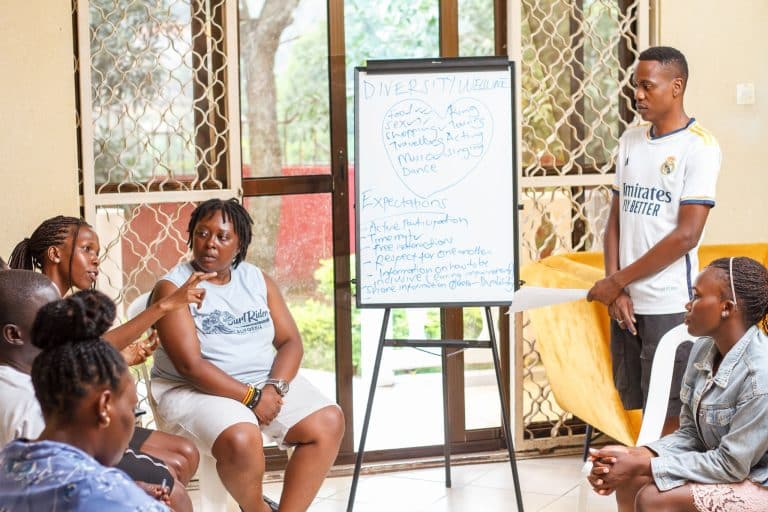Today, Wemos, SOMO and Déclaration de Berne jointly published the report‘Industry-sponsored clinical drug trials in Egypt: Ethical questions in a challenging context’. The report reveals that drug trials in Egypt, which are done by international pharmaceutical companies, are often unethical and harmful to test subjects’ health.
The research was conducted by an Egyptian investigative journalist and an Egyptian human rights organization, and focused on new medicines for Hepatitis C and cancer. What worries us in particular are the cancer drug trials.
Criticism
We presented the trials to an oncologist and an expert in clinical drug trials. They criticized the methodology used for several trials, and questioned whether this would lead to truly valid scientific results. One breast cancer drug trial was of particular concern. The US Food & Drug Administration revoked its approval of this drug due to its potentially life-threatening effects, which would outweigh its limited effectiveness. One notable detail is that the Egyptian government requested the termination of the trial. However, the European Medicines Authority has approved the drug if it is combined with another drug.
Unaffordable
We also researched whether the drugs that are tested in Egypt are affordable once available on the Egyptian market. This seems not to be the case: one in five medicines in our research costs twenty times more than the monthly minimum wage. Many test subjects in Egypt say they participate in these clinical trials because they are their only means to get treatment. In Egypt, cancer drugs, for instance, are very expensive. Few people are medically insured, and 72% of all health expenses are paid out-of-pocket
Patient or guinea pig?
It is clear that there is a fundamental disparity between cancer patients in Europe and in Egypt. In Europe, patients are first prescribed drugs that are proven to be effective and safe. Experimental drugs are only prescribed if the former has not proven to be effective. In Egypt, on the contrary, patients have to accept treatment with an experimental drug without knowing whether that drug is effective or safe. Patients are basically used as ‘guinea pigs’ by the pharmaceutical industry as well as in research of which they do not reap the benefits.
No clear-cut law
After South Africa, Egypt is the most popular African destination when it comes to clinical drug trials. This is an interesting revelation, considering the political unrest of the past years. During and after the Arab Spring, the number of trials in Egypt did not drop. Since the country lacks clear laws that regulate clinical drug trials, it also lacks clear-cut rules for determining and tackling the violation of international guidelines. Moreover, supervisory authorities struggle with insufficient financing, which hampers the execution of their duties.
Download and read the report




